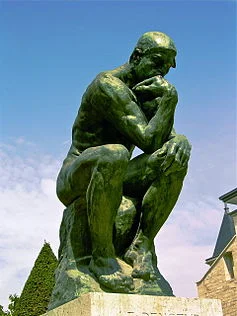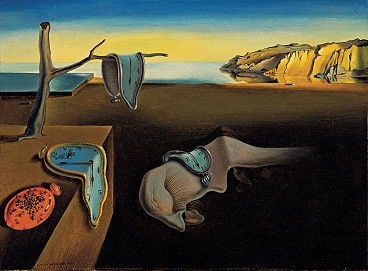Boston Regional Model UN
Today, I had the distinct pleasure of addressing the Boston Area Regional Model United Nations as the keynote speaker, a gathering of some 300 students tackling some of the more difficult present and historical problems in international relations. The theme was Towards Peace, and I was impressed by the caliber of the students who came together to from far and wide, including around the United States and the world, to attempt to hash out a better way forward.
An excerpt from my introduction:
A few years ago, I found myself hanging onto a piece of rope, dangling over a raging river in western Afghanistan, with my well-being seemingly in the hands of an Afghan man who may or may not have been high on opium. I think he was.
I was working at the American University of Afghanistan in Kabul at the time, and a colleague and I had decided to go see the Minaret of Jam after reading about it in history books and old tourist guides. In the 12th century, when it was built, it was the tallest brick building anywhere on the planet. But today, despite its status as a UNESCO World Heritage Site, it is almost forgotten because of its remote location in a nearly inaccessible region of western Afghanistan.
Just getting there was an experience: Our driver got stuck in a traffic accident involving two trucks on a one-way road and a washed out hill, though which a contingent of Taliban fighters eventually happened on with their Kalashnikovs. It was an encounter that we survived probably first because we were dressed in Afghan garb – a lot different than this - our faces covered except for our eyes – and second because we didn’t open our mouths. Later, trucks dislodged, we spent an intimate night with 50 other men sleeping side by side on an open floor – the Afghan version of a cheap motel on the side of the road.
When we finally got to Jam, after days driving across hills and sleeping under the stars outside of villages, I realized we had to traverse one final obstacle: Crossing the river hanging from a rope pulled by a guy whose loyalties I was at best uncertain about. About half way across the river, hanging above an unpleasant death should I fall, I found myself thinking: What AM I doing here? Is this all REALLY worth it?
After nearly 10 years of living and traveling abroad, from Tehran to Timbuktu, from Damascus to Kabul, my conclusion is: Yes. Absolutely. Never doubt the power of immersing yourself in another culture. To soothe the world’s ills, there are few other options that are as effective as trying to understand how people in other shoes see the world - and why and how they think that way. This is a critical component of peace.
I would not, to be sure, recommend getting thrown in an Iranian prison in pursuit of that ideal. For one thing, the food is bad and the toilets really smell. But if there’s one point I want you to impress upon you today, it is this: In order to understand the world, you need to go out and be a part of that world. Much as it would be nice, we can neither quell war nor forge peace from distant cubicles. We must understand how people think and what motivates them – for good or ill - before we can surmount differences and find a path forward. A path towards peace.
Sadly, this is not a common sentiment. We know this from the world we meet today – where this kind of thinking is far from accepted. Fear stifles and suppresses many who would make the trek in happier times. But overcoming this fear is something I task to your generation of individuals and groups who will transform the world for the better. The usual ways of thinking have arrived us to this point. We must do better.




















